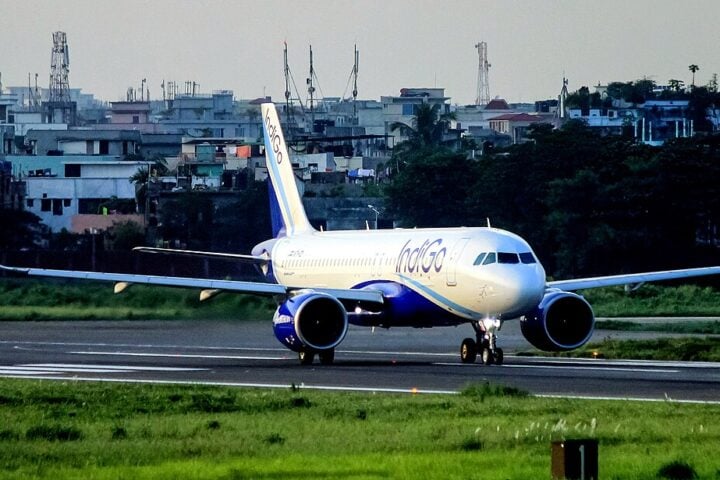In the wake of impending Corporate Sustainability Reporting Directive (CSRD) requirements, HRS has launched a novel Emissions Compensation Program (ECP), representing a significant stride in sustainable corporate practices. This initiative is particularly relevant as it coincides with new regulations demanding more stringent sustainability reporting and governance.
HRS’s Pioneering Emissions Compensation Program
HRS, known for its procure-to-reclaim lodging and meetings platform, recently unveiled the ECP to assist corporate lodging programs and hotel suppliers in striving for Net Zero operations. The program enables hotels to compensate for unavoidable emissions related to corporate travelers’ stays, integrating seamlessly with HRS’s award-winning Green Stay Initiative (GSI). This initiative, launched in March 2021, has already garnered participation from hotels in over 170 countries, including major chains like Accor and Marriott.
The Relevance of the CSRD in 2024
Starting January 2024, the CSRD in Europe will mandate detailed sustainability reporting for companies, including the analysis of Scope 3 emissions, which constitute the majority of emissions for large companies. This directive aligns with the increasing focus of multinational companies on reducing emissions across their supply chains, including business travel.
Technological and Operational Implications of ECP
The ECP facilitates Green Stay hotels in managing compensation through verifiable projects focused on carbon removal and avoidance. This program stands out for its cost-effectiveness, with a modest investment based on bookings and CO2 produced, approximately one percent of the Average Daily Rate (ADR).
Similar Posts
Benefits for Hotels and Corporate Clients
Hotels participating in the ECP can expect increased visibility, competitive advantage, and ease of integration into corporate procurement processes. For corporations, this program aids in managing residual emissions and aligning with their sustainability goals. Industry experts, such as Benjamin Häfner from Deutsche Telekom, have highlighted the critical role of such initiatives in their sustainable travel procurement.
Green Stay Initiative and its Enhancements
The Green Stay Initiative, central to HRS’s sustainability efforts, offers a global standard for assessing hotels’ environmental footprints. The initiative categorizes hotels into Basic, Advanced, and Professional levels based on their sustainability progress. This structured approach allows for transparent comparison and selection of hotels with green credentials, aiding companies in aligning their travel choices with sustainability targets.
CSRD Compliance and Corporate Adaptations
With CSRD’s imminent implementation, companies face the challenge of adapting to more demanding sustainability reporting standards. This involves a comprehensive understanding of the directive’s requirements, including the principle of “double materiality,” which necessitates reporting both the impacts of sustainability issues on financial performance and their broader environmental and social effects. Companies are also encouraged to conduct gap analyses to identify disparities between current and upcoming reporting standards, preparing them for the nuanced transparency requirements of the ESRS.
Conclusion and Future Prospects
HRS’s ECP is a timely and strategic response to the evolving landscape of corporate sustainability, offering a practical solution to the pressing need for emission compensation in the corporate travel sector. As companies grapple with the complexities of CSRD compliance, initiatives like ECP and the Green Stay Initiative not only provide a roadmap for sustainable corporate practices but also highlight the crucial role of technology and innovation in achieving sustainability goals.

















